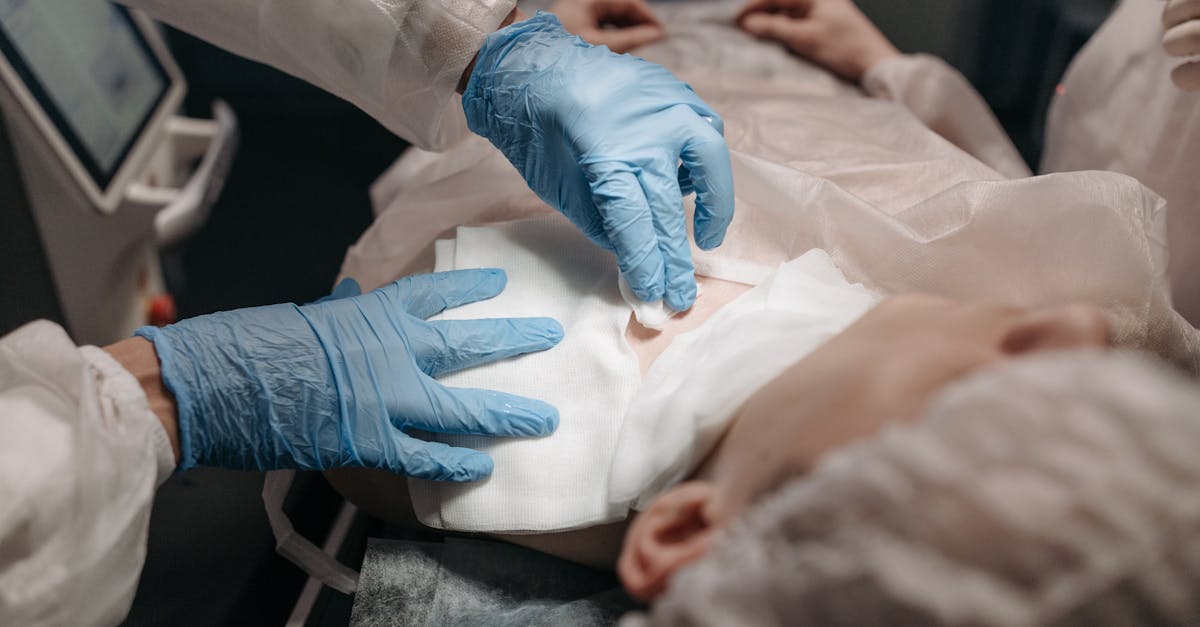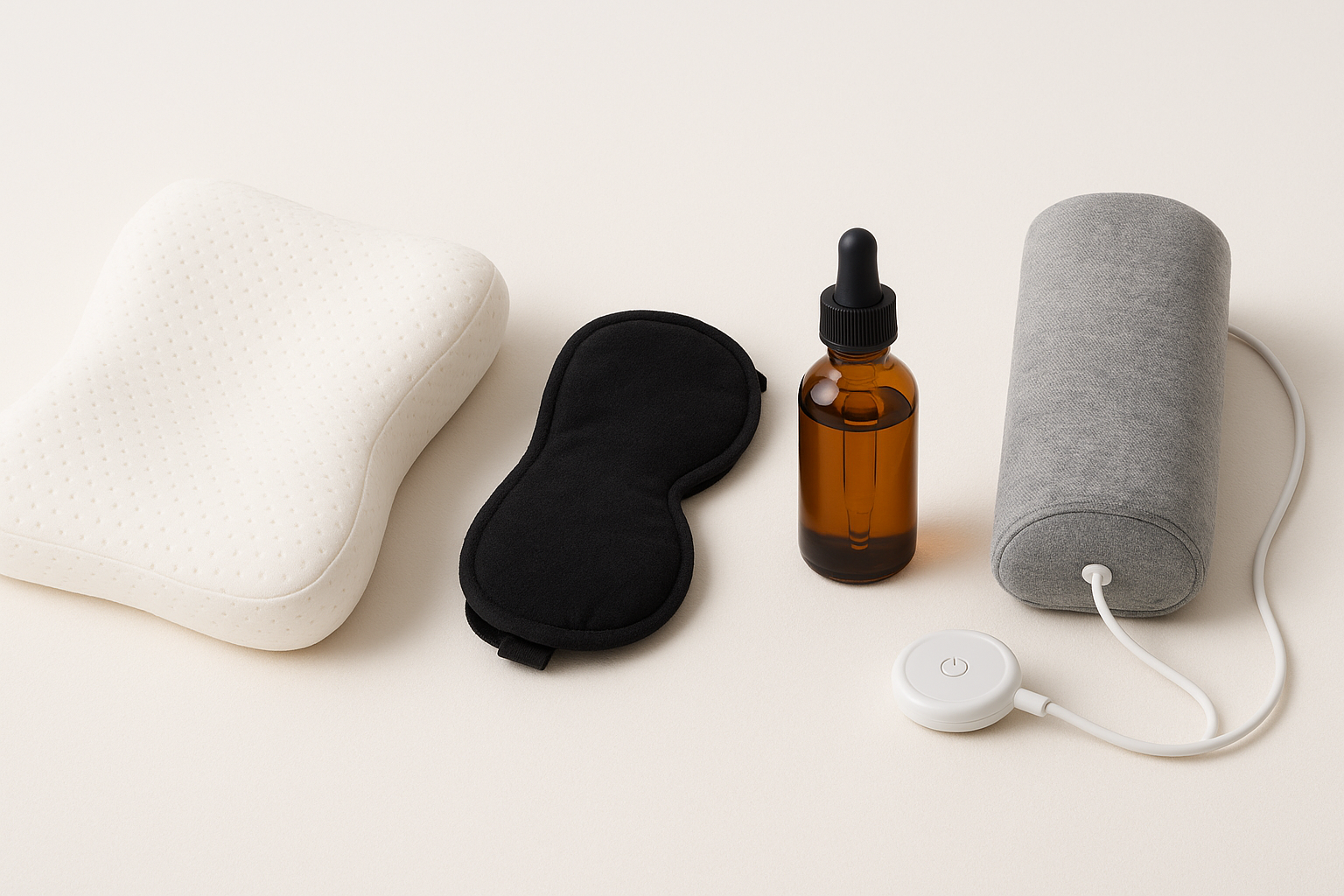Rest and Rebuild: The New Science of Workout Recovery
In the ever-evolving world of fitness, the concept of recovery has emerged as a pivotal component of any effective workout regimen. As athletes and fitness enthusiasts push the boundaries of physical performance, understanding how to balance exertion with rest becomes crucial. Recovery is not merely a passive phase but an active process that enhances performance, prevents injury, and promotes overall well-being. The new science of workout recovery integrates cutting-edge research with traditional wisdom, offering a comprehensive approach to rebuilding the body and mind. This article delves into the various facets of recovery, providing insights into how rest can transform physical fitness and mental resilience.
The Physiology of Recovery: Healing Through Rest

The physiological processes that occur during recovery are as intricate as the workouts themselves. After intense physical activity, the body undergoes microtrauma, leading to tiny tears in muscle fibers. This is where recovery steps in, initiating repair and strengthening processes. The body increases protein synthesis to rebuild muscles, while the nervous system recalibrates to reduce fatigue. Hormones such as human growth hormone (HGH) and testosterone play significant roles in facilitating tissue repair and muscle growth. Understanding these physiological mechanisms underscores the importance of incorporating adequate rest into any fitness routine, as it is during these moments of pause that the body truly rebuilds and fortifies itself.
Sleep: The Ultimate Recovery Tool

Sleep stands as the most potent recovery tool, offering unparalleled benefits that extend beyond physical repair. During deep sleep stages, the body releases growth hormones that are essential for muscle recovery and immune function. Moreover, sleep enhances cognitive functions, aiding in mental clarity and focus, which are critical for athletic performance. Studies have shown that athletes who prioritize sleep experience improved reaction times, better endurance, and reduced injury rates. Creating an optimal sleep environment and maintaining a consistent sleep schedule are foundational elements in harnessing the full potential of sleep as a recovery strategy, making it indispensable in any comprehensive fitness plan.
Nutrition: Fueling the Recovery Process

Nutrition plays a fundamental role in the recovery process, acting as the fuel that drives repair and growth. Consuming a balanced diet rich in proteins, carbohydrates, and fats provides the necessary building blocks for muscle repair and energy replenishment. Proteins supply amino acids essential for muscle synthesis, while carbohydrates restore glycogen levels depleted during exercise. Healthy fats contribute to hormonal balance and inflammation reduction. Moreover, micronutrients such as vitamins and minerals support various physiological processes, enhancing recovery efficiency. Tailoring nutrition to individual needs and workout intensity can significantly accelerate recovery, making it a cornerstone of modern fitness strategies.
Active Recovery: Movement as Medicine

Contrary to traditional beliefs, recovery doesn't always mean complete rest. Active recovery, which involves low-intensity exercises, can be highly beneficial in promoting blood circulation, reducing muscle stiffness, and accelerating the removal of metabolic waste products like lactic acid. Activities such as yoga, swimming, or light cycling help maintain flexibility and joint health while keeping the body in a state of gentle movement. This approach not only aids physical recovery but also supports mental well-being by reducing stress and promoting relaxation. Integrating active recovery into a fitness regimen can optimize performance and ensure a balanced approach to training and rest.
Psychological Recovery: Mental Resilience and Relaxation

Physical recovery is inextricably linked to psychological well-being. Mental stress can exacerbate physical fatigue, making psychological recovery an essential aspect of the overall recovery process. Techniques such as meditation, mindfulness, and breathing exercises can significantly enhance mental resilience, reducing stress and promoting relaxation. These practices help athletes maintain focus, improve emotional regulation, and foster a positive mindset, which are vital for sustaining long-term fitness goals. By addressing both the mental and physical aspects of recovery, individuals can achieve a holistic balance that supports sustained performance and well-being.
Technology in Recovery: Innovations and Tools

The integration of technology into fitness recovery has opened new horizons for optimizing rest and rehabilitation. Wearable devices that track sleep patterns, heart rate variability, and stress levels provide valuable data, enabling personalized recovery strategies. Advanced tools such as compression garments, massage guns, and infrared saunas offer targeted recovery solutions, enhancing blood flow and reducing muscle soreness. Moreover, applications and platforms that guide meditation and relaxation techniques are becoming increasingly popular, supporting mental recovery. By leveraging these technological advancements, fitness enthusiasts can fine-tune their recovery processes, ensuring a tailored approach that maximizes results and fosters long-term health.